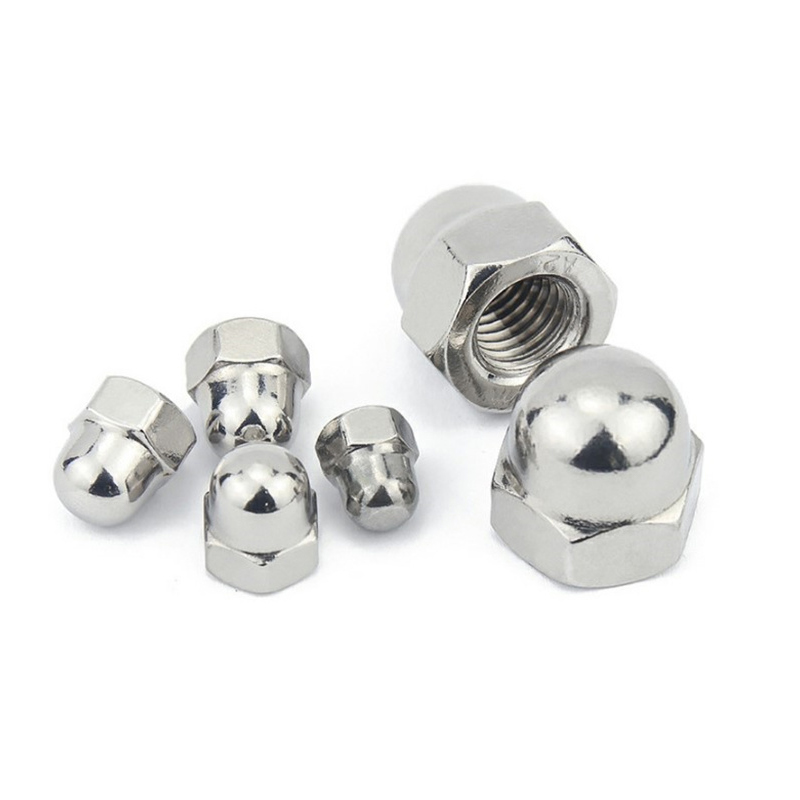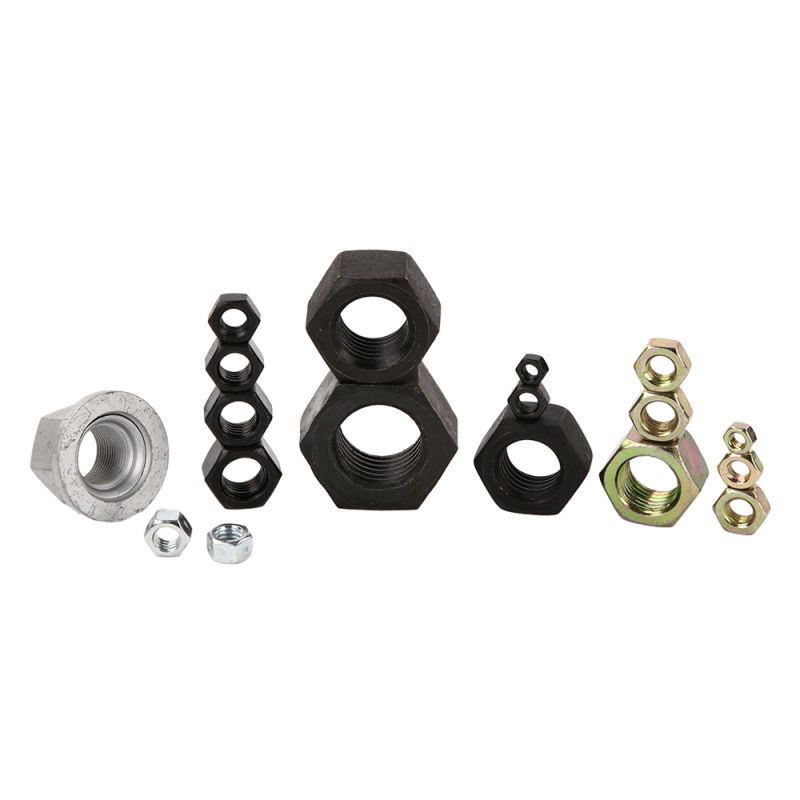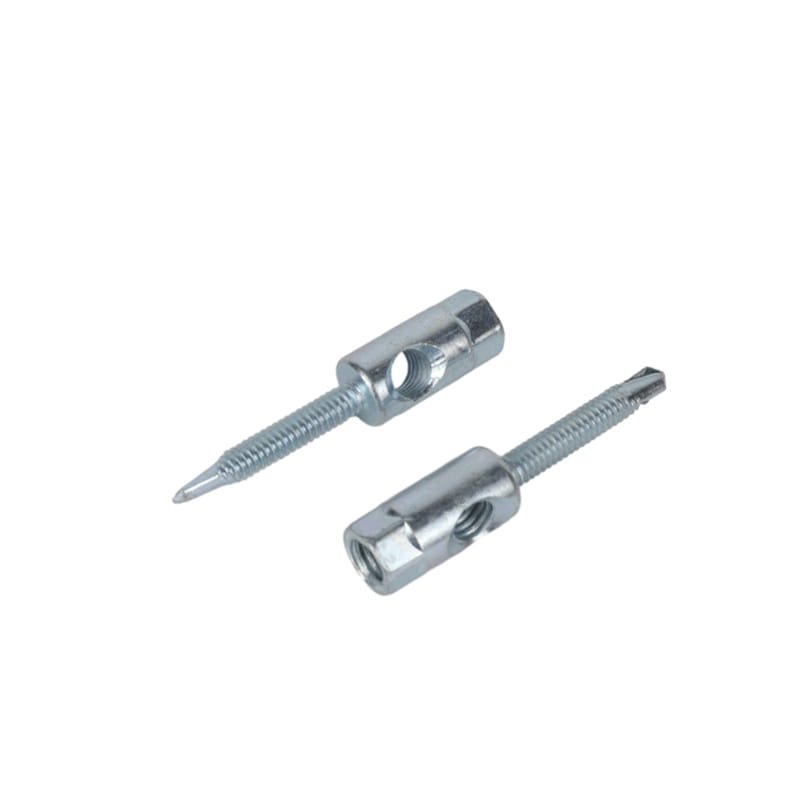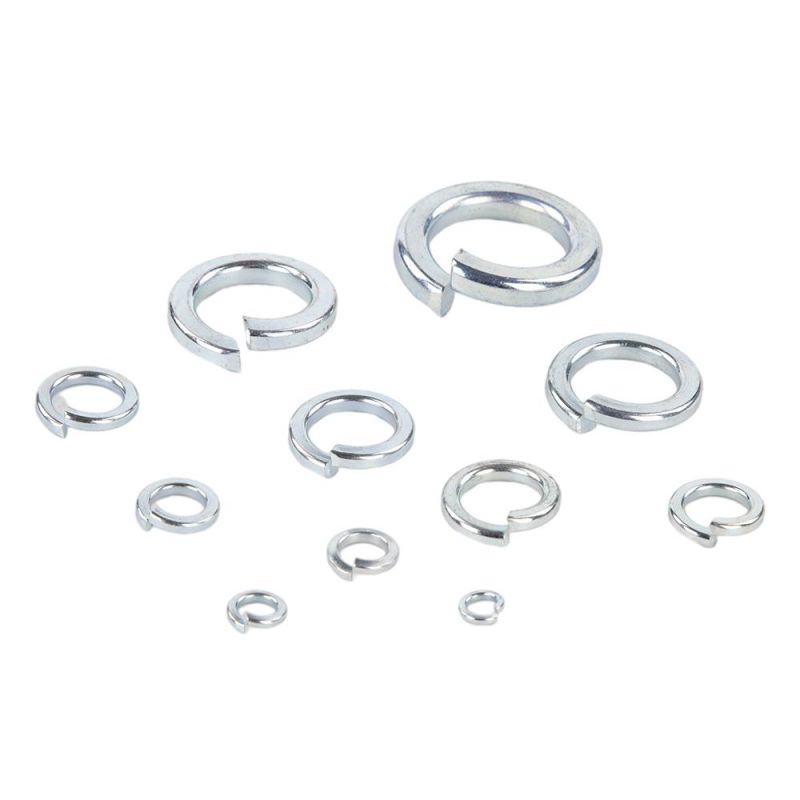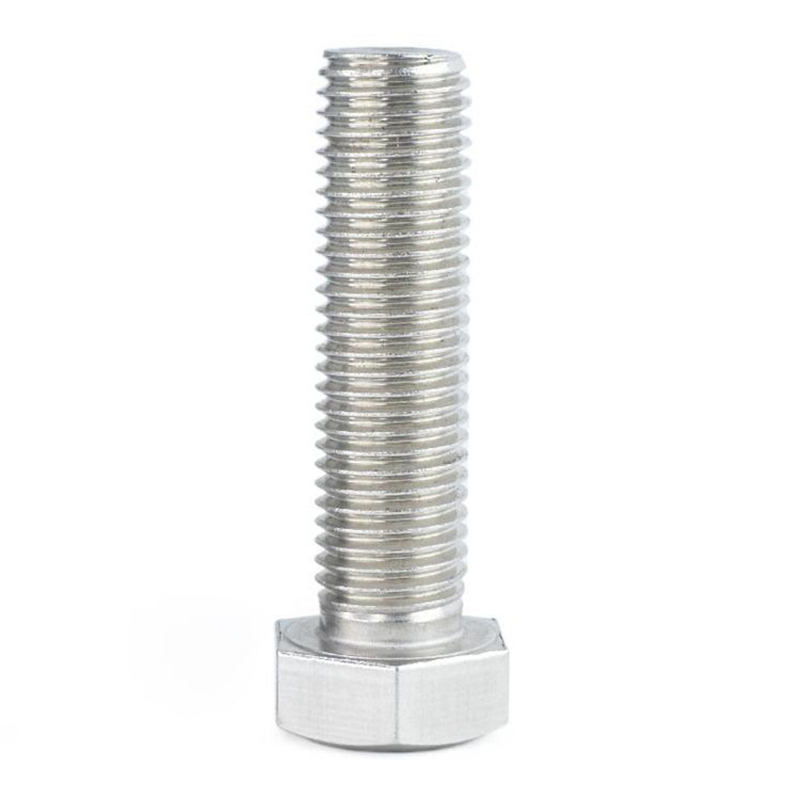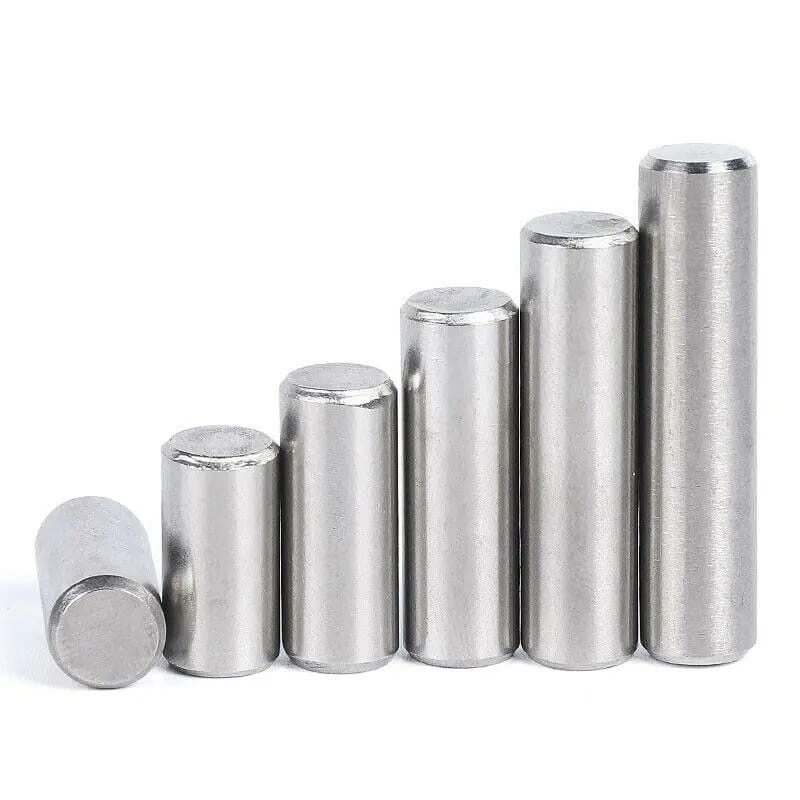When it comes to fastening components in construction and machinery, choosing the right type of bolt is crucial. Among the many options available, flange bolts and standard hex bolts are two popular choices. But what exactly sets them apart?
Flange bolts are unique in design, featuring a built-in flange or washer at the base of the bolt head. This flange increases the surface area that the bolt can distribute load across, making it particularly effective in applications where a strong, stable connection is required. The flange also helps to eliminate the need for a separate washer, streamlining the assembly process.
A key benefit of flange bolt is their ability to resist loosening over time. As the flange creates a larger bearing surface, it reduces the potential for the bolt to shift or loosen under vibration or stress. This makes them an ideal choice for automotive and heavy machinery applications where reliability is paramount.
On the other hand, standard hex bolts, the workhorses of the fastening world, have been around for ages. With a hexagonal head that requires a wrench or socket for tightening, these bolts are versatile and widely used in a plethora of applications. They do not have a flange, meaning they require a separate washer to distribute load and prevent damage to the surface being fastened.
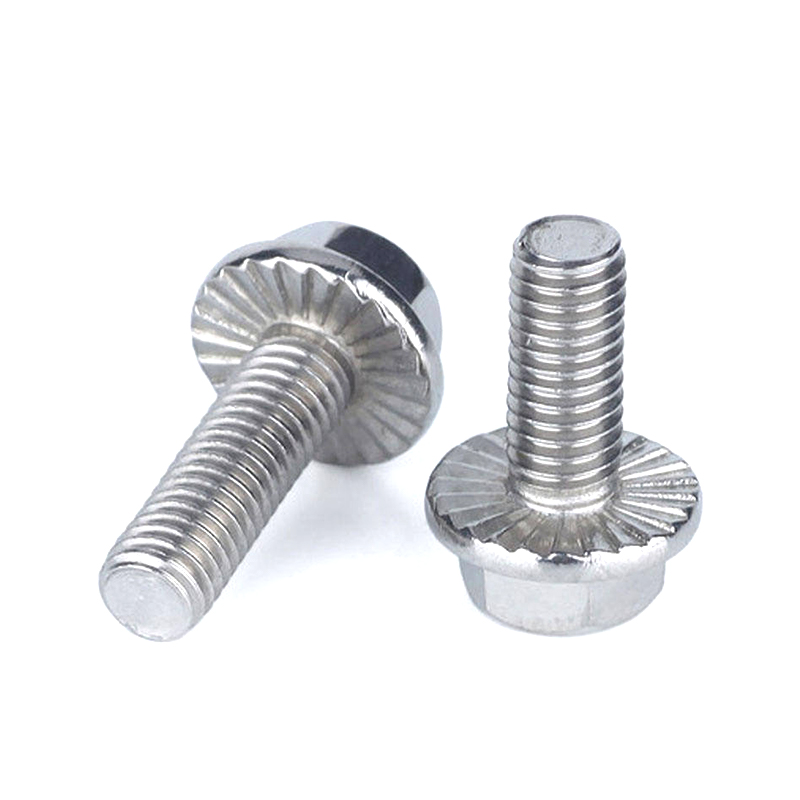
Hex bolts are available in various grades and materials, allowing them to withstand different levels of stress, corrosion, and temperature variations. They are an excellent choice for general-purpose fastening and can be found in everything from furniture assembly to building constructions.
When deciding between flange bolts and standard hex bolts, consider the specific requirements of your project. If you need a strong, vibration-resistant connection, flange bolts might be the way to go. They simplify installation and are less likely to loosen over time. However, if you’re working on a project that requires a versatile fastening solution, standard hex bolts may be more appropriate—especially since they come in a wider variety of sizes and materials.
Another crucial factor to consider is the environment in which the bolts will be used. For instance, if you’re working in a corrosive environment, opting for hex bolts made from stainless steel can provide the durability needed without compromising on strength.
Both flange bolts and standard hex bolts have their unique advantages and applications. Flange bolts offer built-in stability and ease of use, making them suitable for high-stress environments, while standard hex bolts provide versatility and a variety of choices for general fastening needs. Understanding these differences will not only help you choose the right fastener for your project but also ensure that your connections are safe and durable. So, the next time you're faced with a fastening decision, you’ll know exactly which bolt to reach for!


